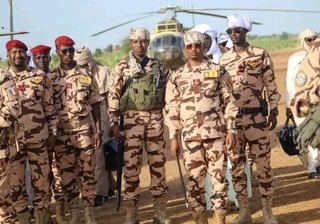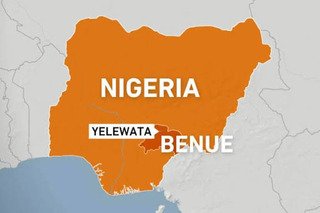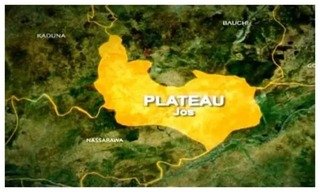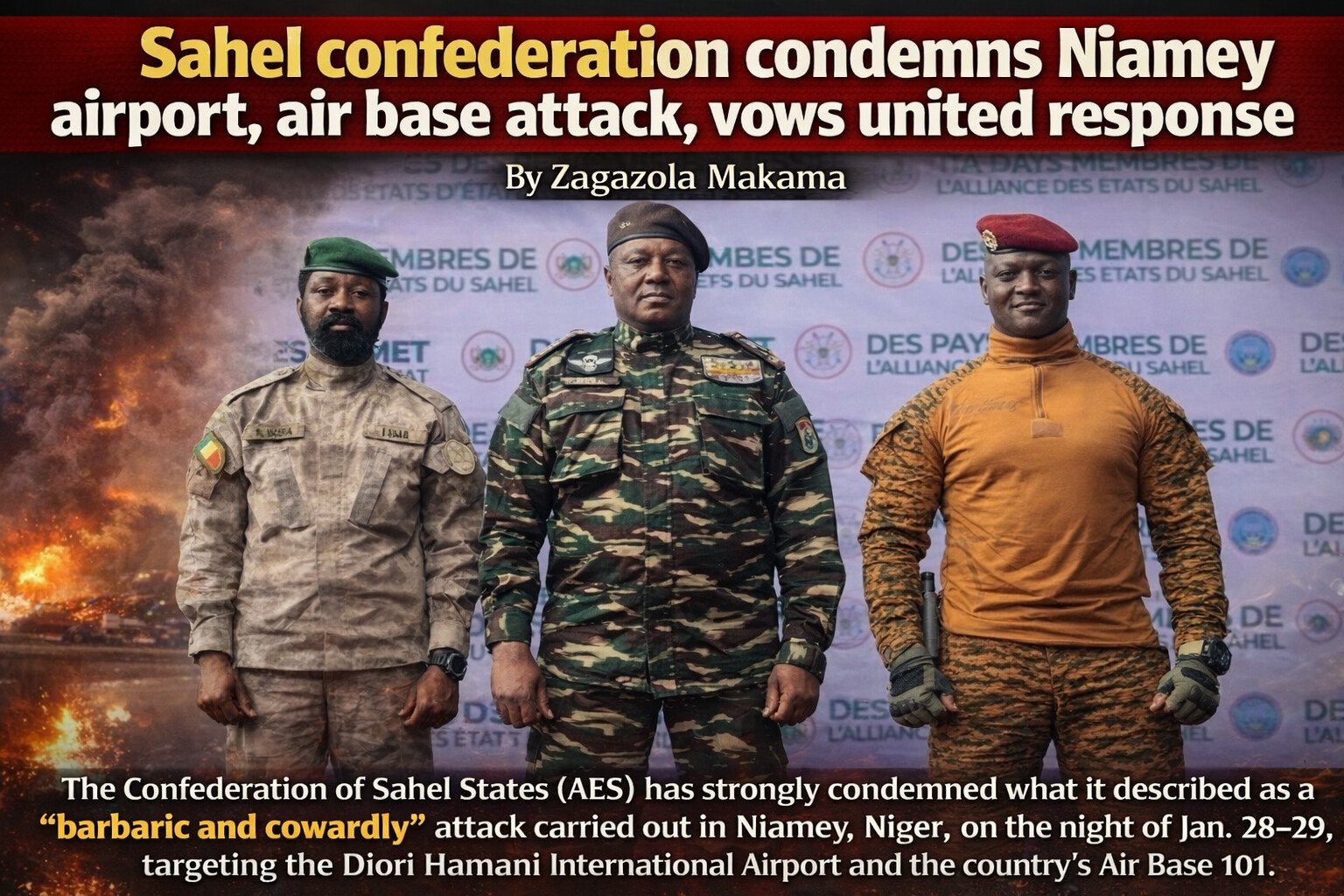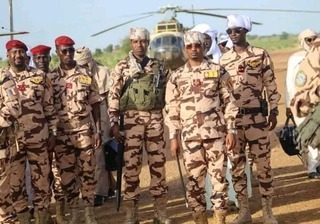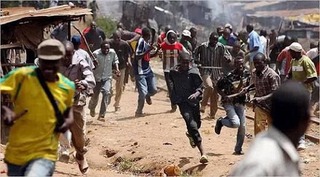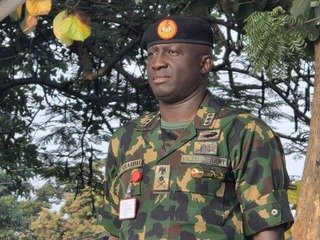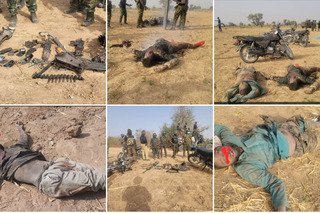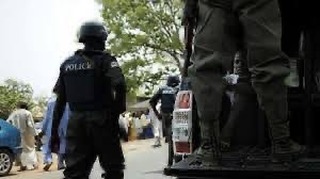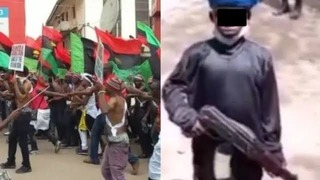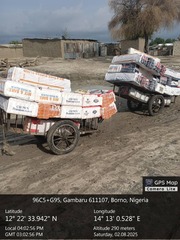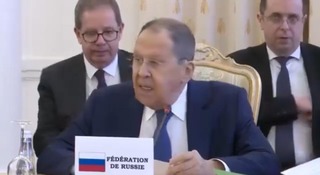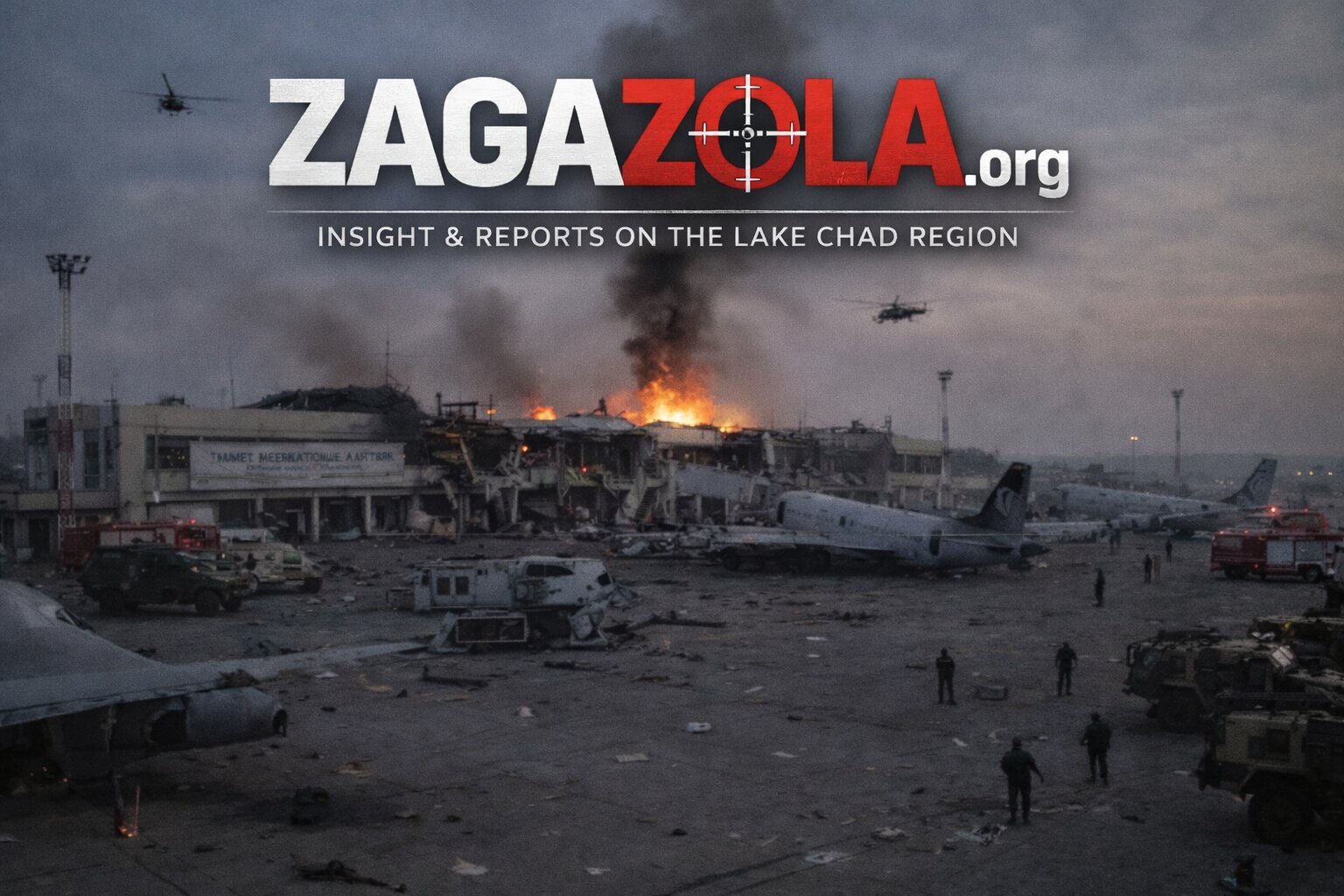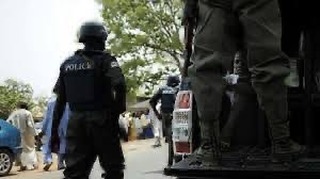Mali: jihadists overrun Farabougou, Tidel as army reels from internal purges
By: Zagazola Makama
The Malian army has suffered fresh setbacks with the fall of two military bases to jihadists of the Group for the Support of Islam and Muslims (GSIM) in Farabougou and Tidel on Aug. 19.
The development point to the mounting pressure on the Forces Armées Maliennes (FAMA), already weakened by infighting and sweeping purges ordered by the ruling junta in Bamako.
At Farabougou, FAMA units supported by traditional Donzo hunters were routed, while in Tidel, Malian troops alongside their Russian partners were overpowered.
Sources reports indicate that weapons, armoured vehicles and other military assets were seized by the insurgents, with images of captured tanks already circulating on jihadist propaganda channels.
The rapid expansion of jihadist control across Mali is matched by a visible retreat of state authority, raising concerns over the government’s ability to secure its population. Analysts note that while militants tighten their grip on rural territories, the central government remains absorbed in political intrigues and internal crackdowns.
In recent weeks, several senior officers have been arrested or dismissed, accused of disloyalty or complicity in alleged coup plots. This climate of suspicion has eroded morale within the ranks and left units vulnerable to external attacks.
Sources describe the approach as “self-inflicted damage,” as the army, already stretched thin on multiple fronts, now contends with both battlefield losses and internal mistrust.
Russia’s Africa Corps, formerly Wagner, has been presented by the junta as a guarantor of security. But the setback in Tidel exposed the limits of Russian support, with reports of Russian casualties alongside Malian troops. The images of destroyed armoured vehicles and lifeless bodies, according to analysts, shatter the myth of technological superiority often associated with Moscow’s forces.
Meanwhile, GSIM appears to be strategically targeting both the community militias allied with the state, as seen in Farabougou, and the foreign security presence, as in Tidel. By doing so, the insurgents aim to undermine the government’s claims of national cohesion and foreign-backed resilience.
The Malian army high command, which rarely communicates in detail on battlefield reverses, issued a terse statement confirming “simultaneous attacks on FAMA positions in Farabougou and Biriki-were” in the early hours of Aug. 19. It pledged to provide further details later and concluded with the slogan: “United, we will overcome.”
Security experts argue, however, that the army’s divisions and the ongoing purge of officers make such unity increasingly unlikely. They warn that while a military force can recover from defeats, it cannot survive prolonged internal disunity.
Mali now resembles a drifting vessel caught in storms, with the risk of national collapse intensifying. The war that justified two military coups, they note, appears all but lost, with the jihadists tightening their hold, the army demoralised, and the junta consumed by repression and paranoia.

